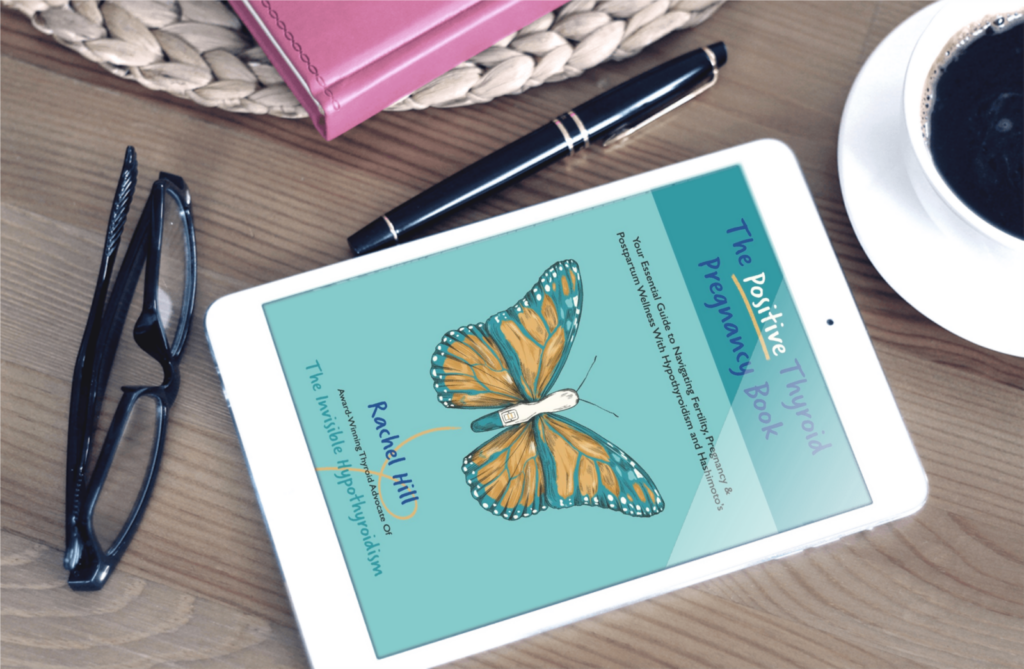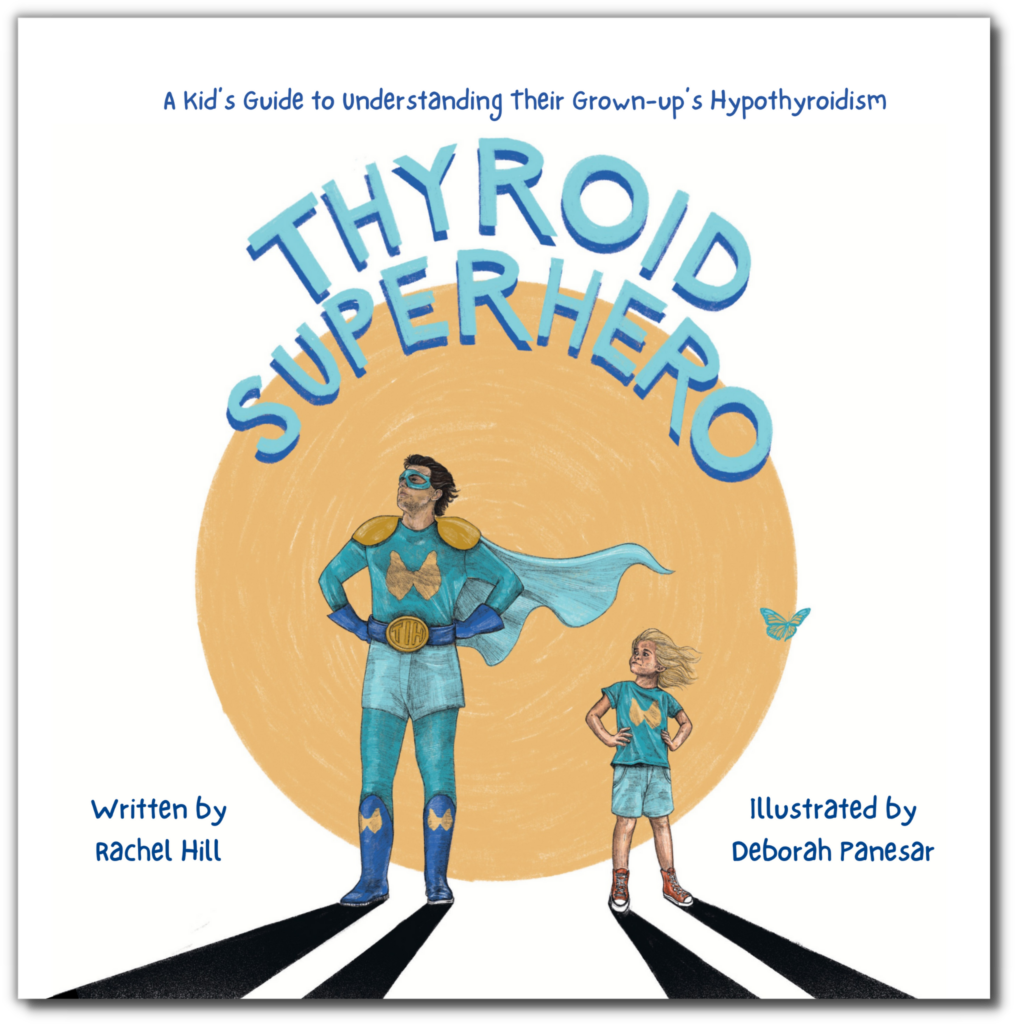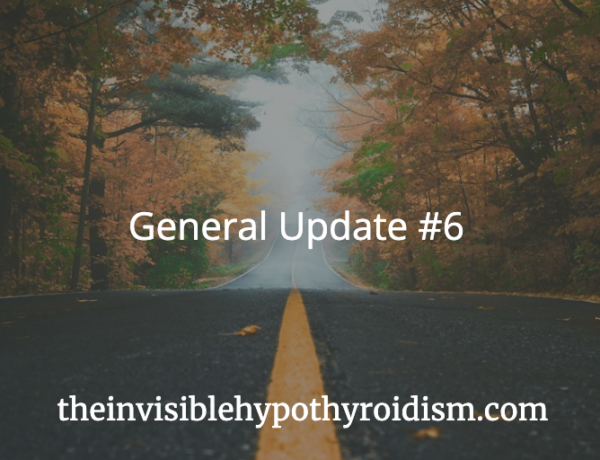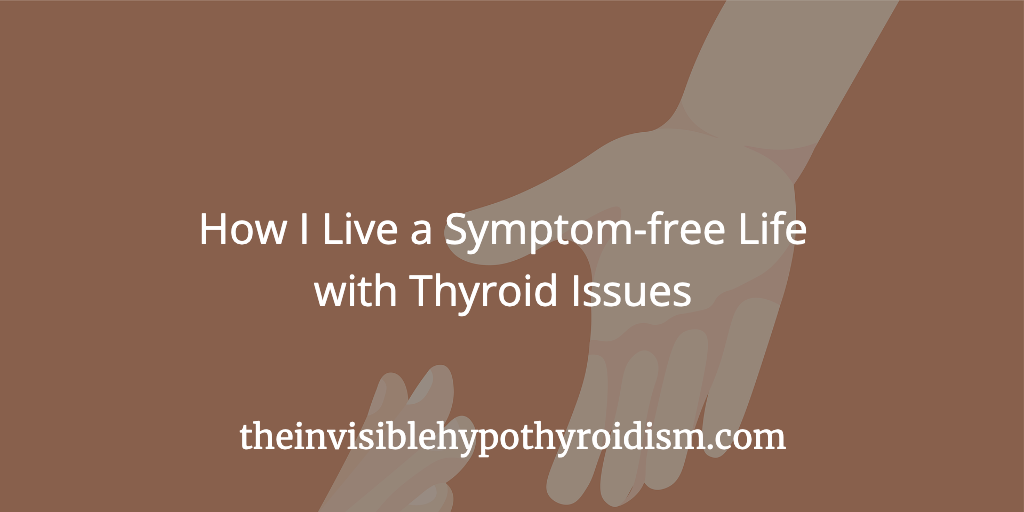Originally published on 5th May 2020 Last updated on 7th August 2024
Before experiencing pregnancy, one of my expectations as a thyroid patient was that it would be full of thyroid flare days.
I had an image in my head of pregnancy on top of Hashimoto’s and hypothyroidism causing me extra fatigue, and whilst I did expect some flares, I felt very lucky in that they were certainly not frequent.
However, when they did strike, I noticed a slight difference in my approach to these more difficult days with thyroid disease, now I was pregnant.
Related Article: 10 “Truths” About My Pregnancies with Hypothyroidism and Hashimoto’s
What Is a ‘Thyroid Flare’?
A thyroid flare is defined by an increase in symptoms of your thyroid condition, usually due to one of the causes listed below. A flare usually lasts for somewhere between one day to a few weeks. The most common amount of time reported is a few days.
Some people call an increase in thyroid antibody levels (after having them low for quite some time) a flare up. And others also use the term to describe a change in thyroid levels. I tend not to. I think this is confusing!
Symptoms can differ from person to person, although the most commonly reported in a flare up are:
- Increased fatigue
- Heaviness (as if your body is being weighed down)
- Worsened mental health
- Brain fog
- Migraines
- Flu-like symptoms (aches and pains)
- Switching between feeling really cold and really hot
What Causes a Flare Up?
These are the most common triggers according to thyroid patients:
- Drinking alcohol (even just one drink can trigger a flare in some)
- Eating a lot of sugary or processed food / not giving your body enough nutrient dense food. (for example, it may follow the Christmas period when a lot more processed food is consumed and replaces more nutrient-dense and a higher range of foods)
- Consuming a food your body does not like – an allergen, intolerance or sensitivity etc. (such as gluten or dairy)
- Mental or physical overexertion – See the spoons post. (may occur after a busy vacation / holiday, lots of social events or busy work period)
- High amounts of stress
- Not sticking to a predictable sleep routine (see tips for this here)
- Viral, bacterial, fungal infections (illnesses caught from family members, ear infections,tonsillitis etc.)
- Being on your period or due to start on your period (hormonal fluctuations)
- Pregnancy(more hormonal fluctuations, plus it’s easier to overexert yourself!)
I asked the thyroid community to share the causes of their flares.
Thyroid Flare Ups in Pregnancy
I found that flare ups whilst pregnant felt pretty much the same as when non-pregnant, but did have the tendency to be triggered more easily, due to my body handling the added stress of pregnancy on top of my thyroid conditions.
I felt increased fatigue, a slowness and heaviness in my body and a general feeling of being unwell. Sometimes, just being pregnant seemed to hurl flare ups out of nowhere, perhaps when baby was going through a particular growth spurt, but other times, it was from overexertion, which is easier to do when you’re pregnant and forget that your body needs more rest and a slower pace. I was at times guilty of overcommitting myself in terms of plans and to-do’s, as well as not prioritising sleep at night.
With my second pregnancy, I was also less able to rest, since I had my 2-year-old to care for during the day and my sleep was sometimes disrupted over night when he would wake frequently due to illness or start his day at 5:30am. This also triggered more flares in my second pregnancy, compared to the first.
Looking after myself on a thyroid flare day became even more important when pregnant, as I was needing to look after the unborn baby too, and do what was best for both of us. Most the time, this was to rest as much as possible.
However, I also made sure to be vigilant when taking my meds and supplements on time and regularly, eating nutritiously and often, keeping warm and hydrated, stepping back from overstimulation (such as from social media or my mobile phone in general), and spending time to really think about how much my body was doing at that moment in time. Being mindful of the impact of pregnancy on a thyroid patient’s body really helped me to remember that I needed to take extra care of myself.
I still had to work whilst pregnant, so on flare days I would make adjustments where possible, such as ensuring I took frequent breaks, sipped water all day as a priority, as well as eating well, wearing comfortable clothing and limiting physical activity which made me feel light headed, short of breath and dizzy whilst in a flare up. Starting my day with a bath instead of shower also seemed to help loosen up my body and relieve some of the heavy, tight feelings in my muscles.
In terms of my second pregnancy and coping on flare days while having a toddler to care for too, it of course looked different and wasn’t as easy to rest compared to the first pregnancy. My article Surviving Thyroid Flare Ups When You’re a Parent covers my in-depth coping mechanisms, but can be summed up as:
- Eating as well as I can
- Cancelling all other plans aside from just looking after my child that day, saving the limited energy I do have for parenting (for example, dropping exercising and cooking extravagant meals for the day)
- Having a PJ day with my child, utilising the TV or calm activities such as sharing a bath, colouring books and going for a nap myself when he naps
Related posts:
13 Things I Did to Have a Healthy Pregnancy With Hashimoto’s and Hypothyroidism
11 Things I Did to Optimise Conceiving With Hashimoto’s and Hypothyroidism
Did you experience an increase in flare ups whilst pregnant?
You can click on the hyperlinks in the above post to learn more and see references to information given.
See also:

See Also:
The Positive Thyroid Pregnancy Book: Your Essential Guide to Navigating Fertility, Pregnancy & Postpartum Wellness With Hypothyroidism and Hashimoto’s which covers everything you NEED to know for the best start for you and your baby.
Thyroid Superhero: A Kid’s Guide To Understanding Their Grown-up’s Hypothyroidism, which helps children to understand their caregiver’s thyroid medication, flare days, symptoms and much more.







